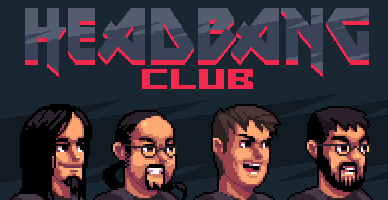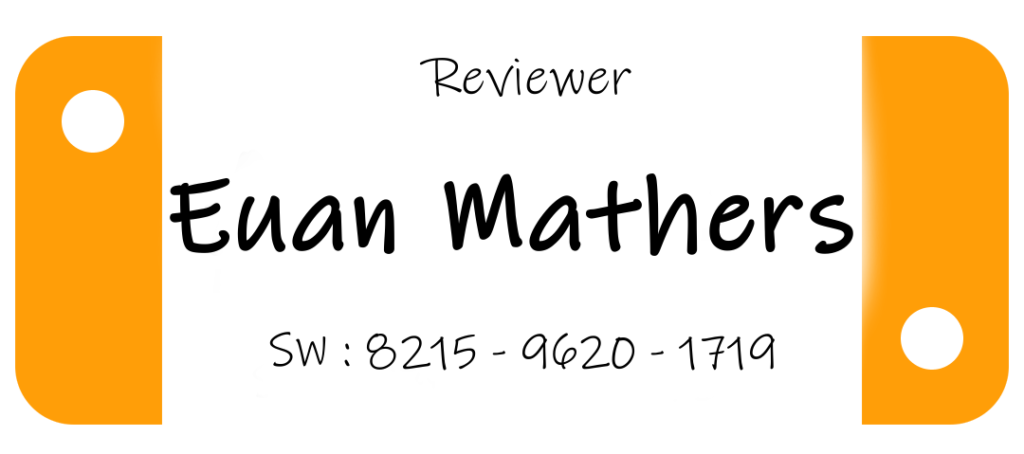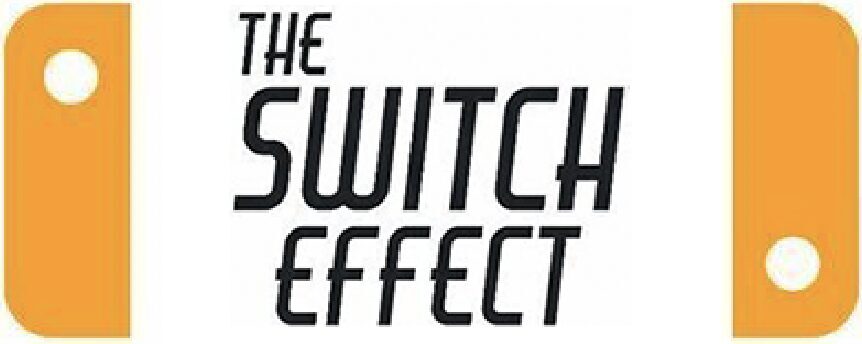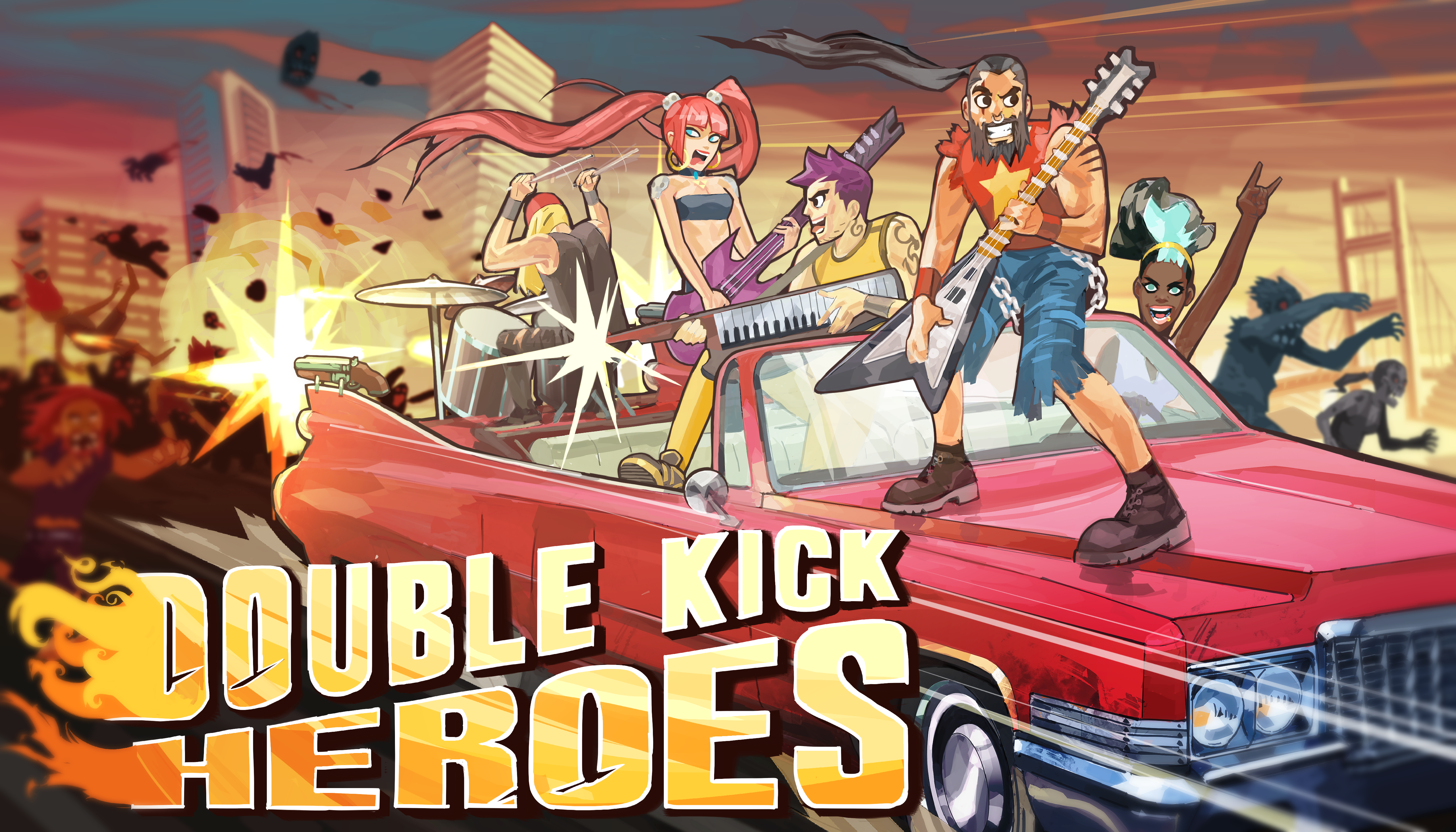[Review]: Double Kick Heroes – Nintendo Switch
Double Kick Heroes – Nintendo Switch
Developed By: Headbang Club
Published By: Plug In Digital
Category: Rhythm action, Shmup
Release Date: August 13, 2020
Ever since the boom and bust of Guitar Hero and Rock Band in the late noughties, the gaping hole left behind in the rhythm action scene has been filled by the Just Dance series, which found a place amongst Madden and FIFA as titles with annual updates that sell year after year. Still there are some developers out there who refuse to say die, and haven’t given up on the rock music subgenre of rhythm action.
Double Kick Heroes from French developers and friends Headbang Club and publisher Plug In Digital is a love letter to the genre which mostly disappeared when players packed away their plastic guitars and drum kits. Their idea came from a game jam in 2015, the source for many of the best ideas in indie gaming, which was then expanded into an early access launch on Steam in 2018, to an official release in 2020.
The Double Kick Heroes are a metal band who are attempting to stay alive in a Mad Max/Walking Dead style world, outrunning undead monsters by slaying them with their music. While being slayed by metal music may be a well worn trope, rarely has it been in such a literal sense with each note played at the right time firing off a bullet from the Gundillac, their Cadillac with guns. In each level, rather than showing notes appearing on screen vertically, here they appear at the bottom right of the screen and move along to the left where you must hit the notes in time. Too many missed notes results in the hoard of monsters chasing you getting closer, until eventually your band of heroes can no longer outrun them anymore.
In Story mode, each level can be accessed from the world map. Each world has levels to mosh through with a boss guarding the exit to the next world. Boss fights don’t stray far from the existing formula found in each level, other than levels lasting slightly longer (if needed) and the boss characters themselves being hulking monstrosities with lengthy health bars. Each level you complete can be replayed again in Arcade mode. Other modes include Hellgate which is a range of levels with licensed music tracks from a variety of real life metal bands, and Fury Road which is a roguelike version of the game where you play randomly selected levels with randomly selected music tracks. However all modes are a solo only experience, unless a potential future patch or DLC arrives to remedy this.
Your taste in music may determine how much you enjoy Double Kick Heroes. This is made for metal fans, with music from just about every subgenre there is, including one or two such as Bullet Hell Metal which sounds like it was either invented for this game or meant to be in it. Story mode features original songs for each level which sound like the real deal, but it is strange that the licensed tracks are restricted to Hellgate only. Still, this is a game meant to be played loud, but if the music turns you off there’s still fun to be had.
The pixel art is lovely. The heroes all have their own unique look, and fans of metal music will find joy in seeing some of their real life heroes reimagined in this harsh world. Often you meet them in safe houses located in each world, a static interior scene like something from LucasArts point and click adventures, where you can talk to your band mates or the safe house residents to start up group conversations. Character dialogue is packed full of charm, humour and pop culture references from beloved film, music and TV.
Each level has parallax backgrounds that whizz by and are packed with lots of small details, such as a dilapidated Krusty Burger joint and NEO GEO Land on the distant landscape which raised a smile. Unfortunately you will miss most of this detail as your gaze is focussed on the note bar.
This is where one of the key difficulties Double Kick Heroes faces is it’s melding of rhythm action and shmup genres. In shmups you get to take in the environments and enemy characters, often through necessity if you want to survive. Here you can’t afford to look away from the note bar to admire the intricate enemy design or the easter eggs hidden in the backgrounds. When you’re doing too well, the enemies can’t even make it on screen before they’re gunned down. Headbang Club also adds more complexity by including mechanics such as the ability to move the Gundillac up and down which many players will turn to auto, with warding off the undead challenging enough.
There are a range of difficulties, with Rock for casual players who wish to make it to the end without too much trouble. The other 4 difficulty levels ramp things up, with harder difficulty levels adding up to two additional tracks to the note bar. Added to this are a number of control schemes, including button, motion controls and most excellently the option to customise your control scheme. Motion controls would appear to be a natural fit in Double Kick Heroes but can struggle to register inputs when things get chaotic, and so button controls may be resorted to by many when attempting to beat some of the tougher sections.
Headbang Club are to be commended for following their heart in their attempt to bring metal music back to rhythm action from the void. However with this being a solo only experience (at least for now), the next generation of Guitar Hero and Rock Band parties won’t be taking place in living rooms but on Twitch. At times it can feel like it was made to be streamed, with the audience appreciating the easter egg filled visuals rather more than the player who hasn’t time to stop and look. For fans of the genre and the music, it may feel like a favourite band reuniting from a hiatus, even if they’re no longer at their peak. For everyone else this is a fun, humourous adrenaline ride through a desolate landscape where the living stay indoors to stay alive which feels very meta in 2020.
3.5/5



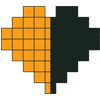

Buy Double Kick Heroes
Be sure to follow Plug In Digital

Also, be sure to follow Headbang Club
